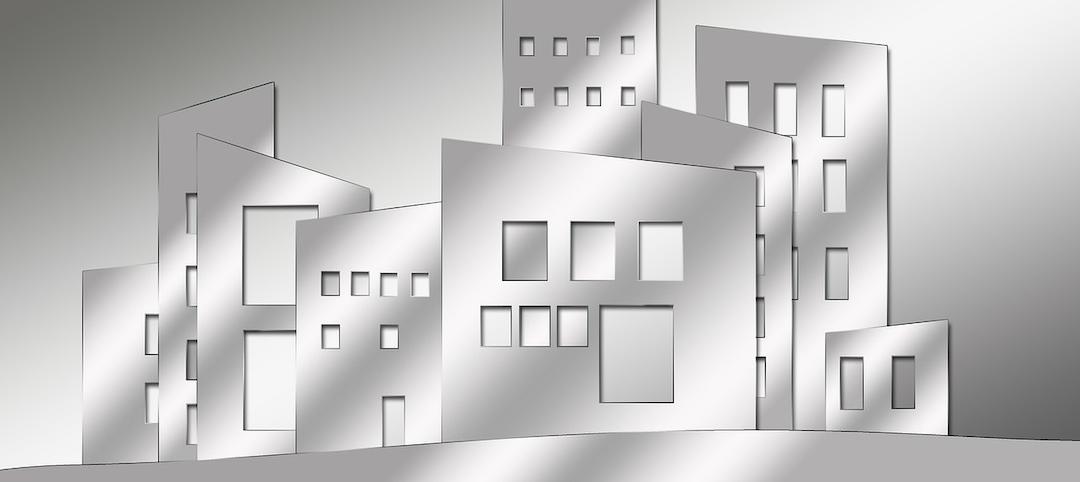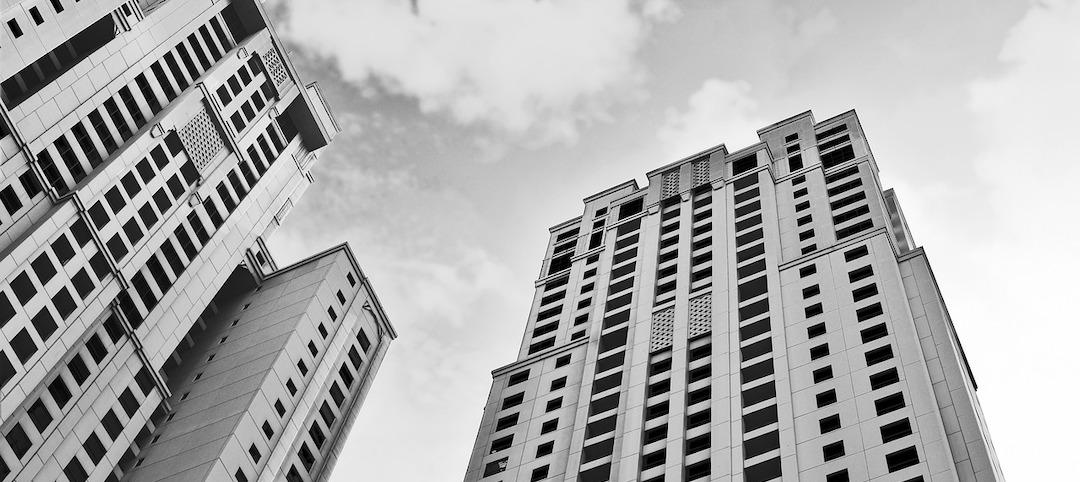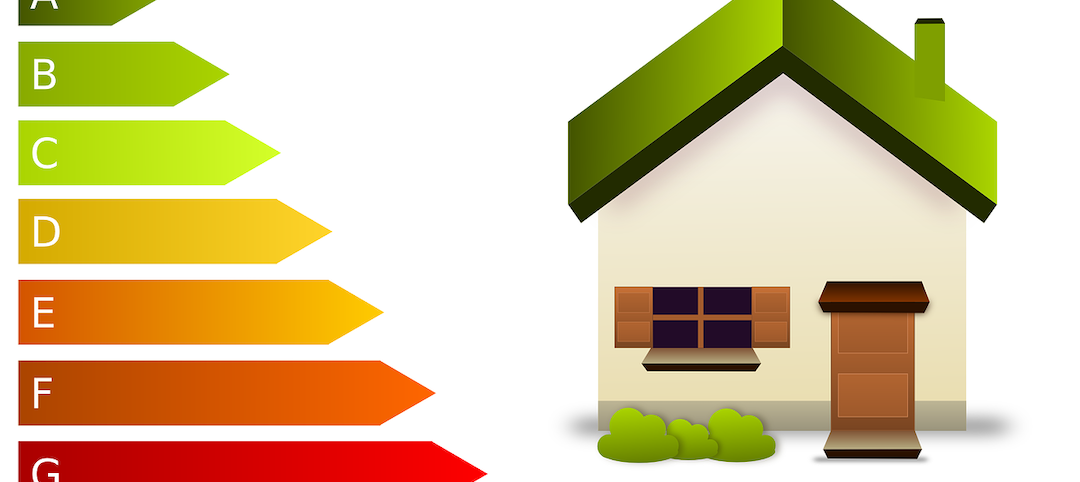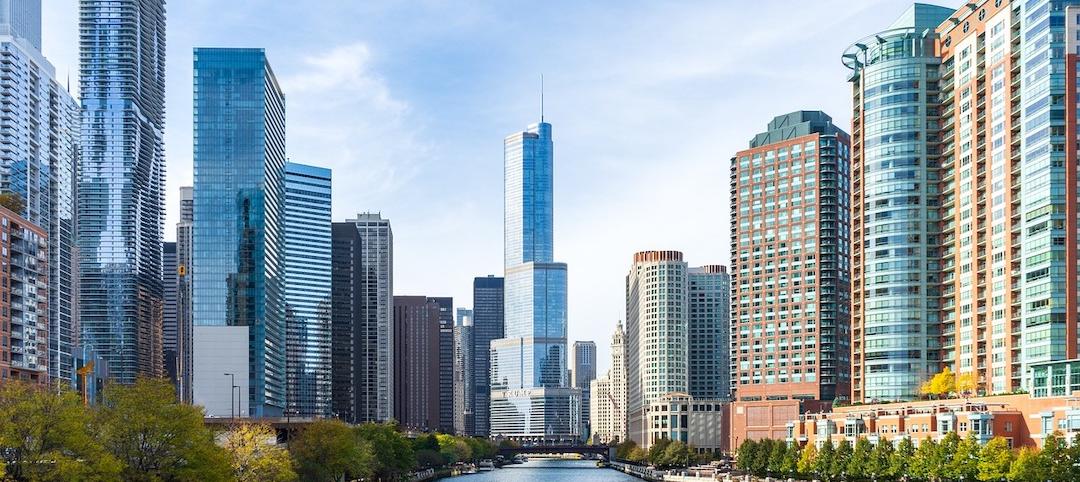Earlier this year, New York City's Department of Buildings began auditing thousands of architectural plans for new and renovated office and residential buildings. Nine of every 10 have failed to meet the energy code, a 30-year-old set of standards.
The compliance enforcement effort began under Mayor Michael Bloomberg last year, when he assigned auditors to pore over 212 randomly selected building plans. This year, auditors have examined more than 1,200 applications.
The standards are only now being enforced in earnest. In some cases, the Department of Buildings has stopped nonconforming projects. “We're very serious about this, and are trying to educate the industry on what is required,” said Gina Bocra, chief sustainability officer at the Department of Buildings, which set up a permanent audit unit this year. “Buildings are the largest source of energy consumption in our city, and how we conserve energy is key to making progress on reducing greenhouse-gas emissions.”
Some are complaining about the potential costs of compliance and potential to lengthen construction schedules. Planned additions to the building code over the next year are boosting concerns. “The energy code can be an effective way to increase efficiency if it remains flexible, but the more mandatory and prescriptive any code is, the more difficult it is to build a building that complies — particularly in New York City,” said Angela Pinsky, a senior vice president of management services and government affairs with the Real Estate Board of New York.
(http://www.businessinsurance.com/article/20140818/NEWS07/140819859?tags=|338|69|310|80|303)
Related Stories
Codes and Standards | Feb 18, 2022
Proposal would make all new buildings in Los Angeles carbon-neutral
Los Angeles may become the next large city to ban fossil fuels from new construction if legislation recently introduced in the city council becomes law.
Codes and Standards | Feb 18, 2022
U.S. Army outlines ambitious renewable energy and decarbonization goals
Net-zero emissions in all procurements and a microgrid at every base among aims.
Codes and Standards | Feb 17, 2022
Pandemic won’t alter urban planning
City planners focused on returning to ‘old normal’.
Codes and Standards | Feb 16, 2022
California court rules affordable housing developers exempt from local zoning
Case could set precedent on state law that overrides local rules.
Codes and Standards | Feb 15, 2022
FORTIFIED resiliency standard expanded to include multifamily sector
Voluntary, beyond-code program aims to protect buildings from severe weather.
Codes and Standards | Feb 10, 2022
Number of Americans at risk of flooding to double in 30 years
Most new risk from new development, not climate change.
Codes and Standards | Feb 10, 2022
Intl. Code Council committee on diversity seeks applicants
New board aims to increase diversity in the membership association.
Codes and Standards | Feb 9, 2022
Climate impact of gas stoves in U.S. equal to half a million cars
New study could increase momentum to ban fossil fuels in new buildings.
Codes and Standards | Feb 7, 2022
Energy efficiency ratings not reflecting true energy use
Highest rated U.K. buildings are less efficient than lower rated ones.
Codes and Standards | Feb 3, 2022
Illinois tops USGBC list of states with the most LEED certified projects in 2021
Top 10 states plus D.C. certified more than 247 million gross square feet.

















